Our Creative and Curious School
Over the last couple of weeks creativity has been on full display across all three campuses.
Whether an art show, strings concert, film festival, choral concert, or theatrical performance, our students have been showcasing their exceptional talents, supported by expert teachers who help our young people hone their craft. We love seeing our students' creative talents and they value it too. In fact, last fall when we asked students to provide feedback on what they would list as their top core values, #1 for them was creativity!
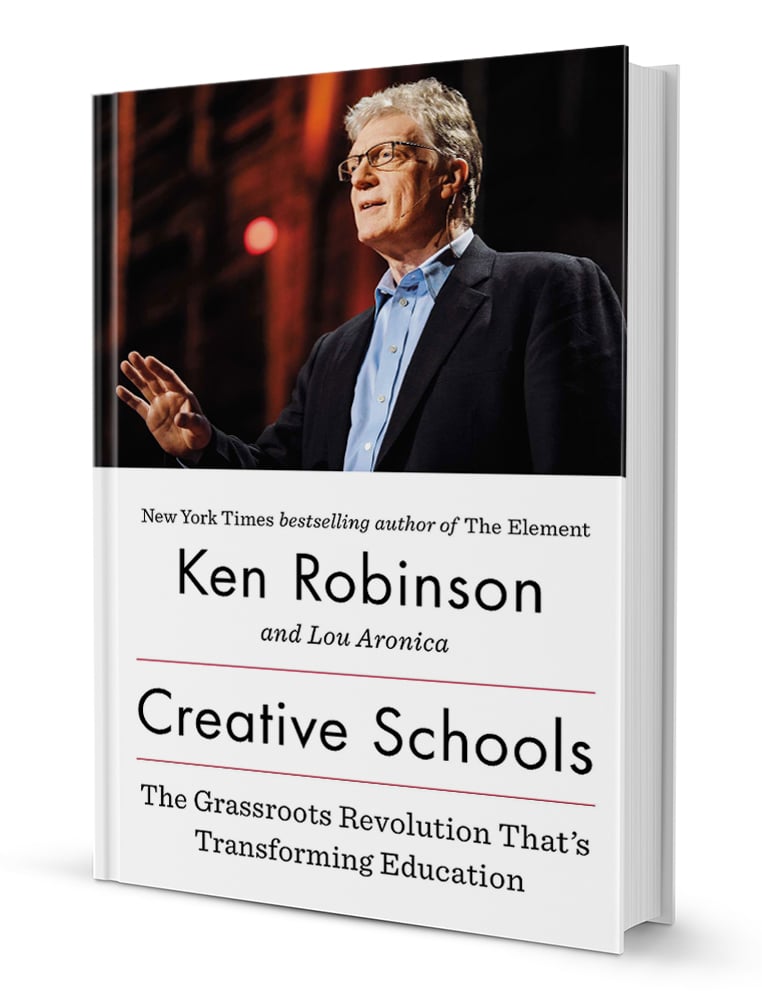 Creativity is much more than meets the eye. In fact, it is an essential component for innovative problem solving. Sir Ken Robinson dedicated a whole book to the topic, Creative Schools: The Grassroots Revolution That’s Transforming Education. In this book, Robinson argues that the standards movement that came to the forefront in the early 2000s after the poor U.S. performance on the PISA tests has greatly diminished programs in schools that foster creativity by placing an over-emphasis on what can be easily measured. PISA tests provide data on student skills in reading, mathematical and scientific literacy. No doubt these skills are vitally important; however, because funding for schools was tied to performance on these tests, schools reduced or entirely cut programs such as the arts, world language, and physical education.
Creativity is much more than meets the eye. In fact, it is an essential component for innovative problem solving. Sir Ken Robinson dedicated a whole book to the topic, Creative Schools: The Grassroots Revolution That’s Transforming Education. In this book, Robinson argues that the standards movement that came to the forefront in the early 2000s after the poor U.S. performance on the PISA tests has greatly diminished programs in schools that foster creativity by placing an over-emphasis on what can be easily measured. PISA tests provide data on student skills in reading, mathematical and scientific literacy. No doubt these skills are vitally important; however, because funding for schools was tied to performance on these tests, schools reduced or entirely cut programs such as the arts, world language, and physical education.
Robinson advocates that if schools truly want their students to be successful, they must focus on student engagement—not just on reading, math and science, but also fostering curiosity, creativity, compassion, collaboration, citizenship, composure, critical thinking, and the ability to communicate. He argues that when teachers leverage relationships with students to address their interests and engage them creatively in projects that they care about, students thrive and achieve more.
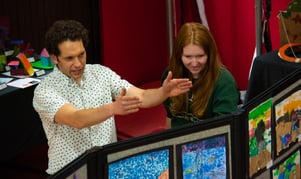 Children are naturally curious and it’s up to teachers to foster this curiosity, not kill it. One way a teacher can do this is by addressing students’ interests. For example, someone who’s obsessed with baseball will appreciate physics if she can use it to calculate the best way to hit a curveball. A teacher's expectations and relationships with students are also key. That’s because a student will work much harder if her beloved teacher expects her to.
Children are naturally curious and it’s up to teachers to foster this curiosity, not kill it. One way a teacher can do this is by addressing students’ interests. For example, someone who’s obsessed with baseball will appreciate physics if she can use it to calculate the best way to hit a curveball. A teacher's expectations and relationships with students are also key. That’s because a student will work much harder if her beloved teacher expects her to.
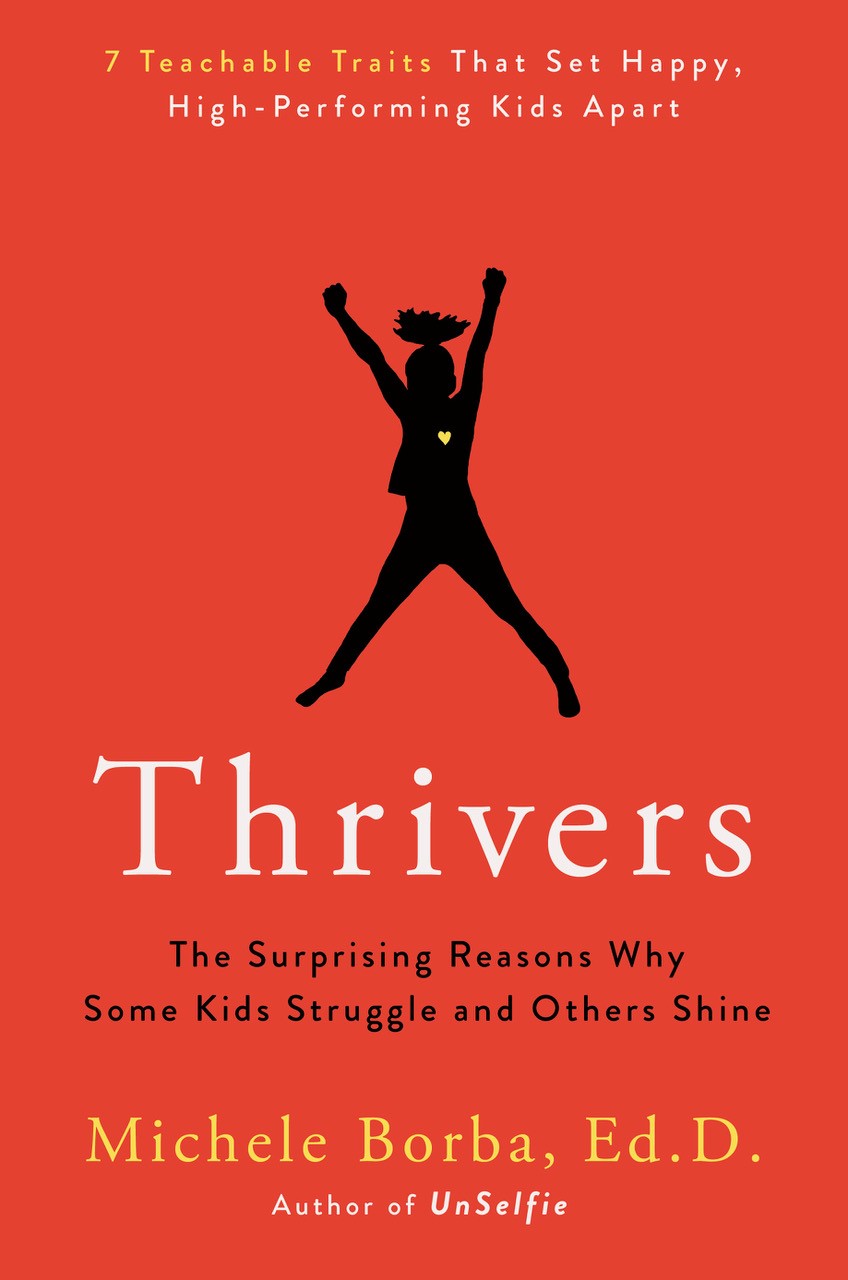 In the book, Thrivers: The Surprising Reason Why Some Kids Struggle and Others Shine, Michele Borba, Ed.D, cites a study by NASA that tracked 1,600 children from birth to the age of 31 from the mid-1960s to the mid 1990s and analyzed their creativity at periodic intervals. The decline of creativity was dramatic. At the age of five, 98 percent of the children scored at the creative genius level. By the age of ten, only 30 percent scored at the same level. By the age of 31, only 2 percent were considered creative geniuses.
In the book, Thrivers: The Surprising Reason Why Some Kids Struggle and Others Shine, Michele Borba, Ed.D, cites a study by NASA that tracked 1,600 children from birth to the age of 31 from the mid-1960s to the mid 1990s and analyzed their creativity at periodic intervals. The decline of creativity was dramatic. At the age of five, 98 percent of the children scored at the creative genius level. By the age of ten, only 30 percent scored at the same level. By the age of 31, only 2 percent were considered creative geniuses.
In Dr. Borba’s research, she interviewed over 100 people from diverse backgrounds and found that the difference between those who thrived and those who struggled had no correlation with their test scores earlier in life, but rather to seven character traits: confidence, empathy, self-control, integrity, curiosity, perseverance, and optimism. These traits correlated with both their degree of happiness and their accomplishment later in life.

Both Robinson and Borba listed “curiosity” as a key trait for success. The arts provide an important way to foster a curious mindset. Open-ended questions, self-driven experiences, and less structured activities also provide pathways to curiosity and creativity. Moravian Academy provides many of these opportunities as part of our curricular and extracurricular programs, and families are encouraged to partner with us to continue to foster creativity and curiosity at home–especially in the summer months ahead of us.
Families have a significant role to play in encouraging their children to reach their creative potential. Orville Wright and his brother were the first to successfully design and fly a plane, an invention that transformed our world. Years after the invention, when reflecting on how he was able to achieve success, Orville told a journalist that he and his brother didn’t have any specific special advantages compared to other individuals that allowed them to accomplish what they did. He said, “The greatest thing in our favor was growing up in a family where there was always much encouragement to intellectual curiosity.”


 myMA
myMA

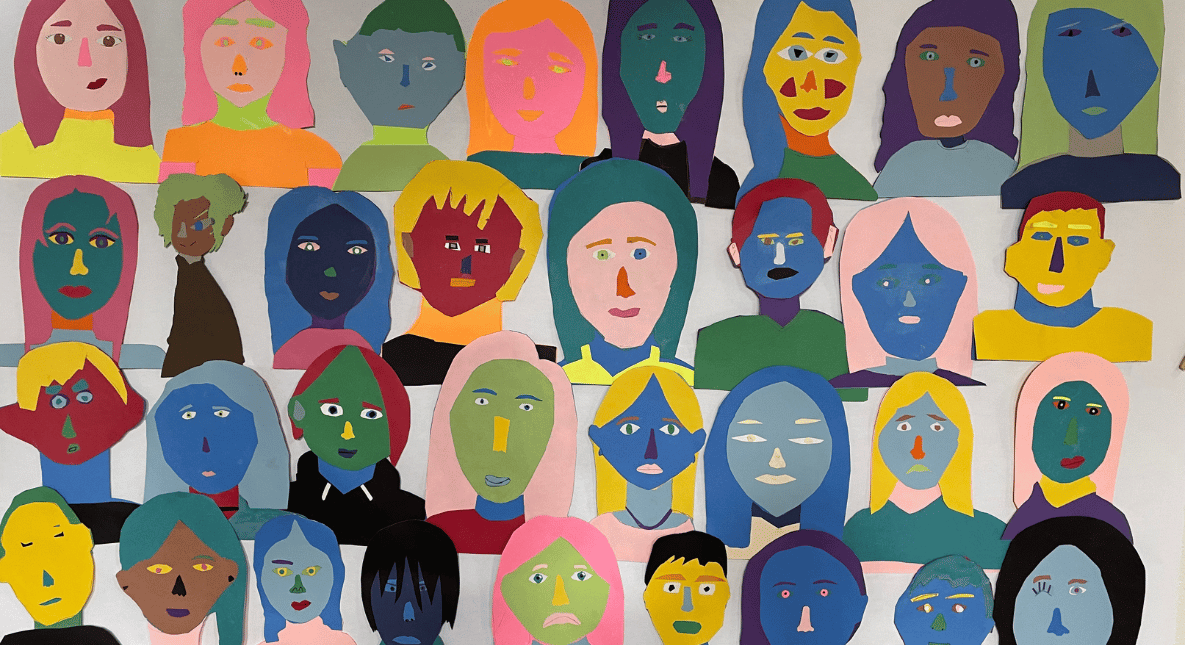


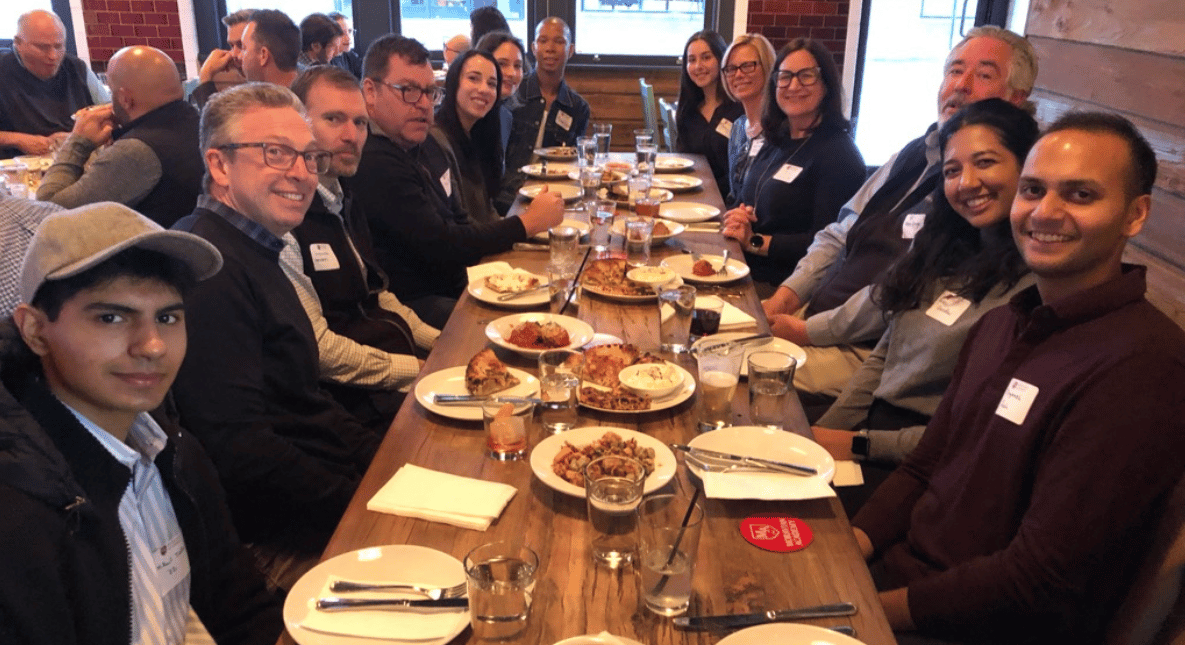
.png)





